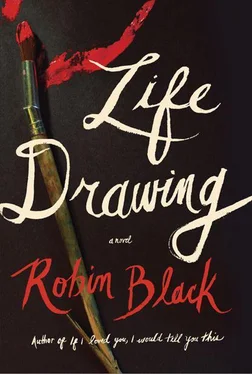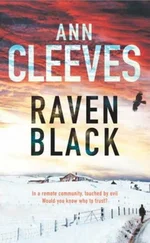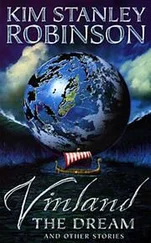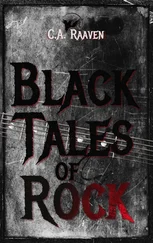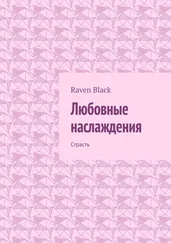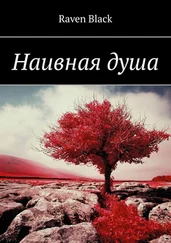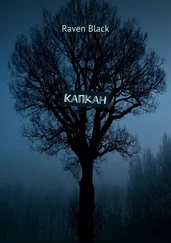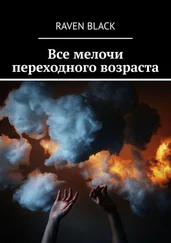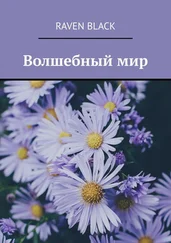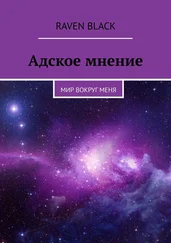I haven’t wanted to be glad we were having Thanksgiving. I’ve wanted only to feel angry that Owen’s indulgence of Nora, or whatever I was to call it, has led us to break a pact we made decades ago. But in fact I am more than glad as I carry the two perfect pies from the oven to the marble cutting board put out for them. I am elated to have discovered this other self still dwelling within my molecules. And I am curious too, as I stand there admiring the perfect sheen of each pie, the slight fractures, lightning bolts at the centers, where each has risen, then fallen flat, curious about what other selves I carry but have forgotten. It is as though I have somehow discovered a new light in which I can detect the palimpsest that is me, the Gussies layered on top of one another, some faded, others all too visible.
“Those are beautiful,” Owen says when he comes in. “Another hidden talent.”
“My aunt, Antenna, taught us all how to bake them,” I say. “I don’t know why I never did it before. It’s not the law that pumpkin pie is only for Thanksgiving, I know. I just never thought of it.” It is like so much else, I realize. Another part of the past that I have blunted or hidden or jettisoned because I lack some normal, innate understanding of how to carry experiences and even capabilities with myself through time.
“Maybe I’ll bring my father some, later this week,” I say. “He might like that.”
Owen looks at me curiously. “I’m sure he would,” he says.
On Thursday morning, I decided to set the table in white, almost entirely white. White lace over white linen. White napkins. White china — or as close as I could find among our strange collection. White candles set into old silver candlesticks. I wanted a canvas for the meal. I wanted to experience the table filling with food as I experienced a painting coming together. The only exception I made was for a handful of leaves, still moist, orange, red, that I cut into thin strips and scattered, confetti across the whiteness, ribbons of autumn itself.
By the time Alison and Nora arrived and then arrived again and then again as they carried dish after dish across the hill, I had dressed in an old, soft, gray dress that I hadn’t worn in years, one Owen had long loved, and I’d brushed my hair loose, putting Charlotte’s tiny emerald earrings into holes I’d half assumed had long ago closed.
I stepped out of the way as Alison, in black, and Nora, in violet, managed the business of warming or cooling their food, in my kitchen. I watched them from the doorway, mother and daughter, moving around one another, choreographed perfectly for life. I could see the beauty of it just then, just for those minutes, the warp of envy for once set aside.
“Who’s ready for a drink?” Owen called from the living room.
Everyone was.
As we sat at the table, I watched Nora bow her head, murmuring the prayer she spoke at every meal; or maybe a special one for the day. I wanted to ask her about it. For the first time, I felt a genuine, nonjudgmental curiosity about what all of this praying and believing meant to her. But I didn’t say anything, in part because for so many weeks I had needed to be ever vigilant that I not speak to her harshly. And though I would have asked the question respectfully this time, it was a question I might in another mood ask with belligerence, which was how I thought Owen would hear it no matter what my tone; and so I said nothing.
The meal itself was traditional — turkey, yams, stuffing, green beans — which Alison attributed to her being a foreigner. “It’s all very well for you Americans to use Thanksgiving as an excuse for culinary explorations, but I had to learn to do it right. I have to prove myself.”
“It’s delicious,” I said, and it was; though there were also moments when all I could taste was the discrepancy between this meal and the ones we’d had those many decades earlier, meals it had never occurred to me to miss, but that I suddenly longed to relive.
Across the table, Owen sat. Eating. And drinking.
The mood that had first set on me while making the pies hadn’t left me yet, and so as I watched him, I thought about all the many, many Owens there, carried in that single body of his. The boy. The man he had been before I taught him wariness. The measurer of distances and plumber of pond depths.
How was it that any one of us could walk across a room without our own multitudes tripping us up?
Maybe none of us could.
We were halfway through the meal when Alison began an impromptu, tipsy recitation of thankfulness. “Well, to begin, I am grateful to have found this place, by which truly I mean the two of you.” She held her glass first toward me, and then toward Owen.
“Oh, me too,” Nora said, raising hers. “And I’m grateful to be learning so much every day. Though I suppose that’s close to the same thing. I feel so very lucky.”
“What about you, Gus?” Alison asked. “What’s on your list of blessings for the year?”
“Well, all of that too, obviously.” I had to say it. I thought of my father, but I didn’t know how to phrase the peculiar gratitude I felt for how his ragged edges and my own now allowed us an odd new closeness; and I didn’t want to expose that private sensation to the assembled group. “I’m grateful to be engaged in work I care about. Owen, what about you? Do you have a list?”
“I’m afraid we’re a very boring bunch.” He raised his glass. “For you all, of course. And to be writing again. Something I truly never believed would happen.”
“Here’s to that,” Alison said.
“A roof over my head,” I said. “We shouldn’t take these things for granted. Food. Health. Being alive. You know those boys I paint?” I looked at Nora. “They all died years younger than you are now. Years.”
“Horrible,” Alison said.
“How do you phrase thankfulness for that?” Owen asked. “For not being those boys?”
“Maybe just that. I’m grateful not to be one of those boys.”
“We’re probably all grateful not to have died in some battlefield somewhere,” Owen said. “Or anyway, we should be.”
“Do you know anyone who’s part of it?” I asked Nora. “The current wars?”
She shook her head. “No. Nobody from my school even thought about doing that. High school, I mean. There were some kids at Tufts who had been in the army, but they stayed to themselves. I’m pretty sure we must have seemed like babies to them. And …” She frowned.
“What?” I asked.
“It’s so awful,” she said. “But I think we were a little bit afraid of them. It was so strange to think they had, you know. They had killed people. Or anyway, they might have.”
“My father was in the war. You should ask your mother to tell you the story. She knows all about it.”
“A case of mistaken identity,” Alison said, reaching for the stuffing. “Gus’s poor father had me mistaken for an old flame from the war.”
“World War II,” I added, thinking it must seem unimaginably long ago to the girl sitting there. “Millicent. Millie, the English girl with the horrible mother.”
“Is that why you want to paint these boys?” Nora asked. “Something about your father?”
“It was a different war,” I said.
“No, I know, I just wondered. I guess I’m asking why you’re so interested in them. If you even know why, I mean. Because I don’t always know why I write about the things I write.”
“I don’t know why I write what I do either,” Owen said.
“I was just wondering, Gus, if it’s different for you. With a subject. With what draws you to one.”
“No,” I said, wary of this questioning. “No, I think it’s probably not so different.”
Читать дальше
